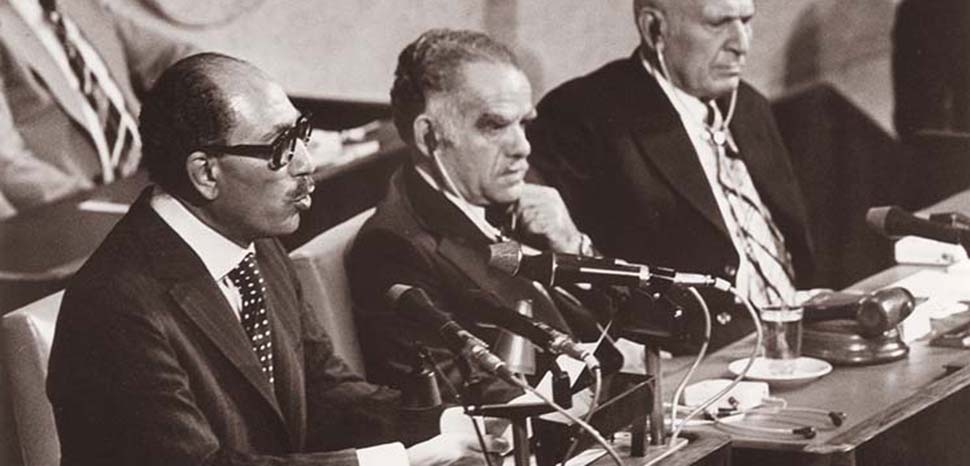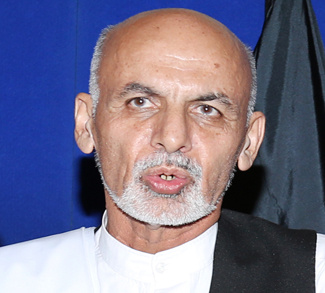Symbolized often via the Arabian Falcon across the Middle East and the Grey Wolf amongst the Turkic community, nationalist sentiment arrived regionally through the Young Turk Revolution, which encompassed nationalist officers and liberal elites alike. Known as secular nationalism, it continues to be the ideological ‘core’ of the region spanning the Mediterranean, North Africa, and the Middle East, and is also prevalent historically on the Asian continent. Against a backdrop dominated by proxy conflicts and internal strife, the necessity of secular nationalism is now absolute as the ideology is imperative to ensuring a cohesive and multi-plural proximity that is immune to both regional prejudices and subversion at the hands of Russia and the People’s Republic of China, which together have sought to pit one sect against another or an entire populace against its own flag.
Nationalism gave birth to the Turkish Republic, who via its founding father, Atatürk, enabled a nation to be reborn with Atlanticist values at its core, with a secular nationalist structure which has ensured the military and socio-economic success of Turkey to this day. Colonel Alparslan Turkeş, the founder of the MHP in Turkey, the Nationalist Action Party, further developed this nationalism into the “Nine Lights” with the doctrine being the greatest historical success for secular nationalism domestically via its inception as an anti-Communist ideology, appealing to white- and blue-collar citizens alike during the Cold War. Prime Minister Bülent Ecevit also capitalized on secular nationalism in two intervals from the 70s to the early 2000s, bringing together state-goals with those of the day-to-day citizenry under the banner of “national unity.” Unity Nationalism equally became ingrained into the Turkish structure transcending traditional political divides and becoming an accepted social-class-agnostic source of cohesion. Both Türkeş’ Nationalism and Ecevit’s National Unity are the forefathers of the modern success of secular nationalism, which encompasses most modern political parties to this day across the ideological spectrum.
In Egypt, nationalism in its secular form arrived namely via General Gamal Abdel Nasser, who proficiently took control of Egypt and swiftly transformed the nation into the leader of the Arab community during the Cold War. General Nasser’s capabilities lead to the creation of the Non-Aligned movement of countries and culminated in a political-union that transcended borders via the Egyptian-Syrian unification, resulting in the ‘birth’ of the United Arab Republic. Ultimately this political union ended, with a secular nationalist assumption of power via Syrian officers seeking to resume local rule once again within their borders. Subsequently, President Anwar Sadat, one of the most successful Egyptian leaders, developed Nasser’s doctrine such that its international appeal became capable of culminating in regional peace via rapprochement with Israel during his term in office. President Sisi has now continuing a tradition of secular nationalism, which has brought a renewed period of security to Egypt and attention on the global stage, enabling Egypt to have global influence once again.
Nasser’s success led to countless revolutions occurring across the Middle East, with many drawing from the secular nationalism that he had espoused. Iraq was one such example via the victory of the ‘Free Officers’ who cemented the origins of the Ba’ath Party. Ba’taathism quickly became the most successful political ideology in the history of the region owing to the relative stability established by nations during Ba’athist rule, striking a stark contrast to the turmoil occurring under the Muslim Brotherhood or other Pan-religious sectarian groups. The ideology has had the longest uninterrupted rule in Syria where, at the present juncture of the Syrian civil war, it has become a necessary structure that must be maintained to avoid a total collapse of statecraft.
With the Abraham Accords increasingly important to the region, nations can incorporate the many benefits of secular nationalism, all whilst placing respect for the State of Israel as an equal partner nation within a relationship recognizing each other’s national rights. The Turkish Republic together with the State of Israel, the two most powerful nations of the region owing to their military capabilities and global influence, can together bring mutual interests to a shared platform based on a universally appealing doctrine of secular nationalism.
Gulf nations such as the United Arab Emirates and Saudi Arabia are also keen to foster secular nationalism as it is a complement to the characteristics in governance offered by Arab Monarchies (rather than a competitor) in reference to stable structures and expanded term rules. President Assad, currently ruling the country with the longest uninterrupted history of Ba’athist rule, must take the opportunity to redefine his identity from one marred by events of the Syrian Civil War and reclaim the best facets of secular nationalism. This must occur via the forging of a new pathway with the Republic of Turkey and the State of Israel, crucially focusing on military cooperation via coordinated troop deployment with Turkey (an aspect that should be prioritized via the recent meeting between the intelligence chiefs of both countries) and finally an agreement with the State of Israel that ensures mutual existence with no pre-conceived demands as a prerequisite.
This age of ‘realpolitik’ must be capitalized on by the United States, where power vacuums on the periphery are closed via alliances and not allowed to become ‘abysses’ at the mercy of machinations by the Russian Federation or People’s Republic of China. President Sadat once said: “There can be hope only for a society which acts as one big family, not as many separate ones,” the connotations today are valuable for leaders like President Assad, who has the opportunity to collaborate with Turkey, Israel, and the United States for a renewed legacy and a more stable region where international partnership is seen as strength, not coercion.
The views expressed in this article belong to the authors alone and do not necessarily reflect those of Geopoliticalmonitor.com.




